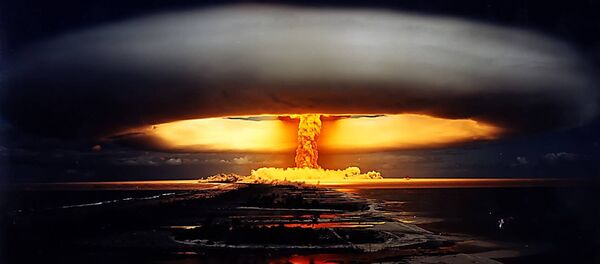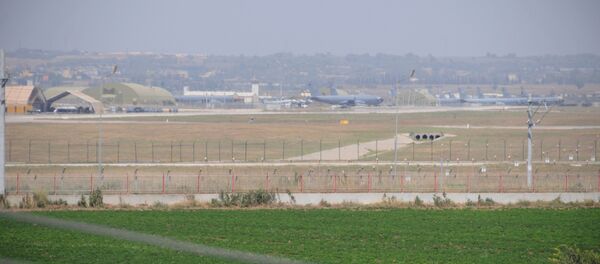This "rhetoric of pressure," as the analyst described it, is meant to "threaten" Ankara. This is how "the West is trying to prevent Turkey from changing its foreign policy and becoming independent of the US influence," he noted.
Earlier, the Stimson Center, a Washington DC-based non-profit, released a report, urging policymakers in the US to remove B61 nuclear bombs from Europe and strengthen conventional forces instead.
Researchers insist that there are "serious risks" involved since terrorists or other hostile forces could seize US-made nukes, but Ismail Hakki Pekin did not share these sentiments.
The intelligence expert said that radical groups will not be able to gain access to these weapons, but even if they do, they "will not be able to use them."
The bombs stationed at Incirlik were designed to be dropped from high-speed aircraft. "Taking into the way they function, one can assume that even if they fall into the hands of terrorists, this would not matter since they cannot be used without code keys and outside of planes," he explained.
Ismail Hakki Pekin further noted that stationing "so many nuclear weapons poses a threat to Turkey's security." These bombs "are incapable of protecting Turkey from potential attacks," he said, adding that they do not serve as a deterrent because "these weapons are under full control of the US troops, not Turkish army."
US leadership approved an $8 billion life extension program for the B61 that entered its final stage before mass production earlier this month. The US plans to begin rolling out the upgrade in 2020, but Barry Blechman, co-founder of the Stimson Center, said that "these bombs are ill-suited for modern warfare and incredibly costly."



